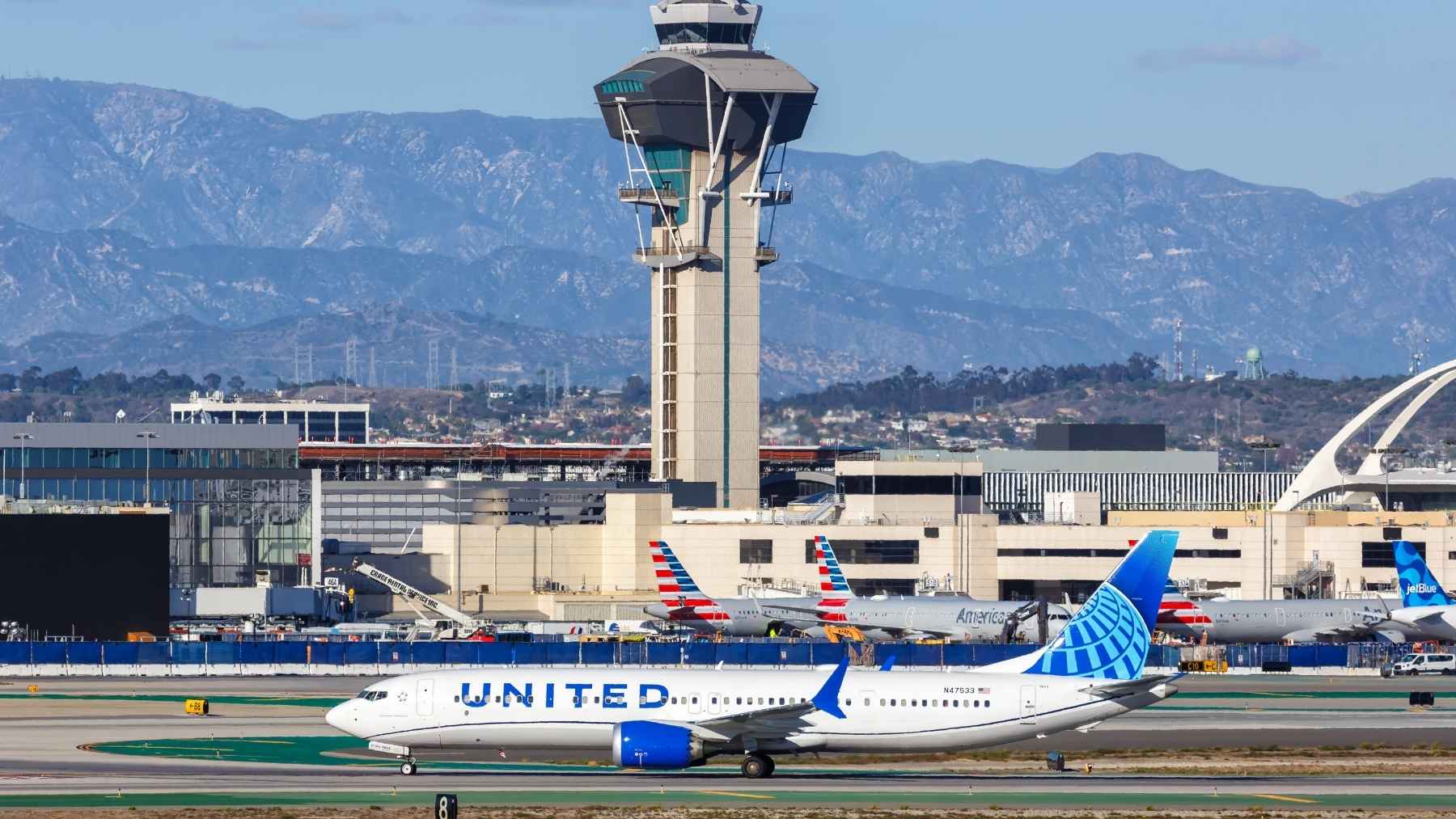As of June 2025, the U.S. Department of State made changes to its travel advisory for Qatar. Qatar is finally aligned with other nations such as Canada, Greece, Japan, Antigua and Barbuda, Austria, Malaysia, Cyprus, and Australia, reflecting a broader initiative to enhance international travel safety guidelines.
The Federal Aviation Administration (FAA) has issued a Notice to Air Missions (NOTAM) and a Special Federal Aviation Regulation (SFAR) concerning the Persian Gulf and Gulf of Oman regions, including Qatar. These advisory boards warn civil aviation operators about the potential risks regarding regional military activities as well as geopolitical tensions. It is crucial for travellers to stay informed and updated regarding these developments and consult the FAA for detailed information.
Qatar: Travel considerations
The U.S. government urges citizens who are flying over or to Qatar, to monitor security updates. They are encouraged to avoid unnecessary risks and always remain in contact with the U.S. embassy. Travellers should enrol in the Smart Traveler Enrolment Program (STEP) to remain protected.
Even though Qatar has modern healthcare facilities, travellers must be aware of specific health issues. The Centres for Disease Control and Prevention (CDC) recommends vaccinations for hepatitis A and typhoid and advises caution regarding Middle East Respiratory Syndrome (MERS), a viral respiratory illness reported in the region. Additionally, the Australian government’s Smartraveller website notes that Qatar experiences extreme heat during summer months, with temperatures exceeding 50°C, and occasional sand and dust storms that can exacerbate respiratory conditions.
The U.S. government highlights the importance of understanding Qatar’s legal and cultural norms. It is important to note that the country enforces fairly strict laws regarding behaviour, dress code and public self-conduct.
Canada: Low Risk, but Remain Alert
Canada continues to be classified as a low-risk travel destination for U.S. citizens. However, traveller’s are advised to remain aware of their surroundings, especially in large cities where protests or isolated incidents could occur. Following the Department’s social media accounts is also recommended for timely information.
Greece and Austria: Plan for Potential Disruptions
Greece and Austria remain at the top of European destination for American tourists, but the advisory emphasizes the need to be prepared for occasional civil unrest, transport strikes or construction delays.
It is also important to keep emergency contact details and copies of passports accessible at all times is also strongly advised.
Japan: Safety with a Focus on Preparedness
Japan boasts a strong reputation for public safety, but natural disasters such as earthquakes and typhoons still remain a concern. The U.S. advisory urges travellers to stay updated regarding local emergency protocols. Enrolling in STEP, preparing emergency plans, and reviewing CDC health guidance are essential.
Australia and Malaysia: Environmental and Health Risks
Although generally safe, both Australia and Malaysia are subject to environmental hazards such as wildfires, flash floods, and health-related risks. U.S. travellers should be aware of potential natural disasters and keep informed through the CDC’s travel health notices. In Malaysia, particular caution is advised near the border with Thailand due to occasional unrest.
Cyprus: Buffer Zone Restrictions
Cyprus shows a different situation as compared to other countries, due to its political division and buffer zones. The U.S. government warns travellers against crossing into unauthorized areas, where there are strict border controls. Americans visiting Cyprus are encouraged to follow the country’s security report.
Antigua and Barbuda: Tropical Cautions in the Caribbean
In the Caribbean, Antigua and Barbuda are included in a broader advisory for the Eastern Caribbean region. Even though they are popular for their beautiful beaches and resorts, these islands face seasonal hurricane threats and health risks in remote areas.
Enhanced Travel Safety Measures
Travellers are encouraged to follow the STEP program for timely alerts and any communication in the case of emergencies. In addition to this, travellers should also monitor the Department’s official site and social media channels, for real-time updates.

